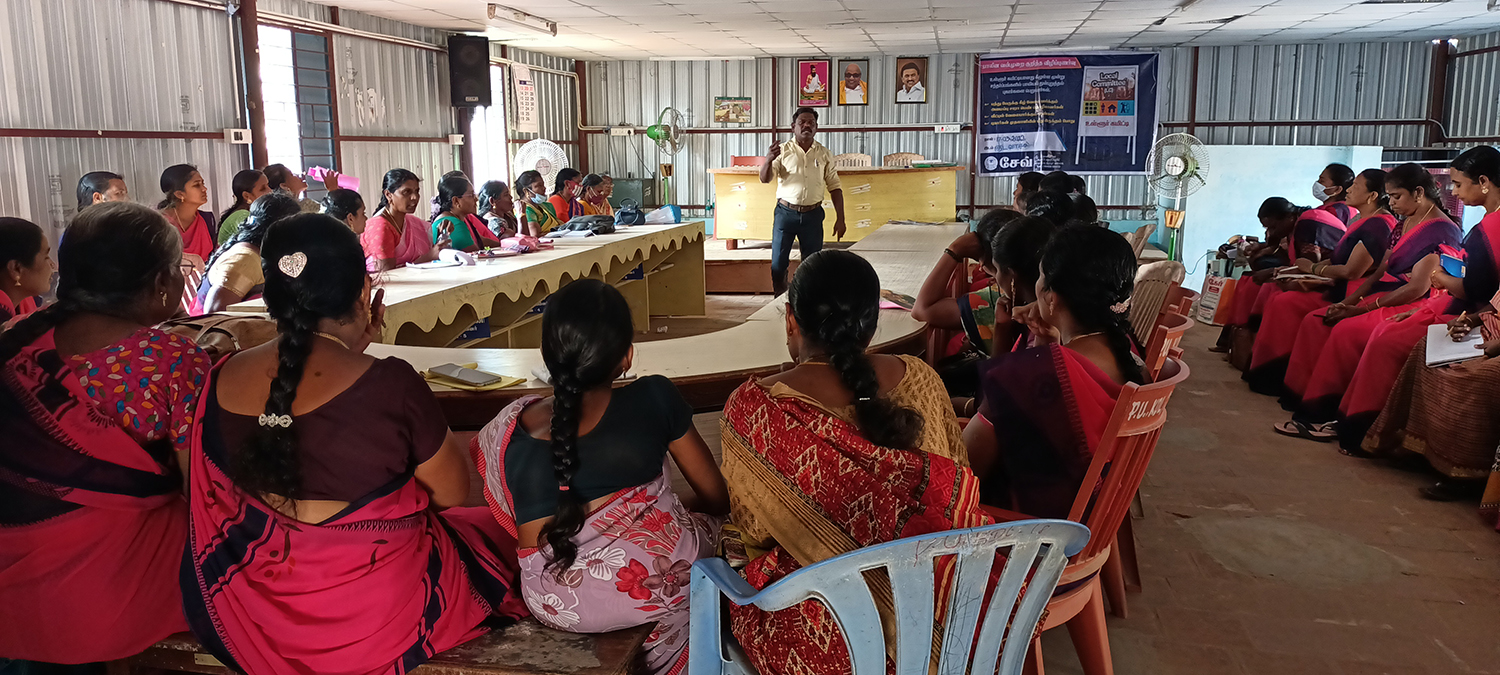Overview
 Poverty is multi-dimensional. No single intervention can be attributed directly to tackling poverty holistically. NAMCO realized this right from its inception stage and decided to implement multiple programs that can help in reducing poverty significantly. Since the 1970s, considerable progress has been made in the reduction of poverty, through a host of governmental and non-governmental initiatives. In the last two decades, India has made remarkable progress in reducing absolute poverty. Between FY 2011-12 and 2015, poverty declined from 21.6 to an estimated 13.4 percent at the international poverty line (2011 PPP $1.90 per person per day), continuing the historical trend of robust reduction in poverty. More than 90 million people escaped extreme poverty and improved their living standards during this period. This is the result of concerted efforts by the Government, not-for-profit development organizations, communities, corporates and many other stakeholders. For over three decades, NAMCO has been working with a resolve to help communities fight poverty.
Poverty is multi-dimensional. No single intervention can be attributed directly to tackling poverty holistically. NAMCO realized this right from its inception stage and decided to implement multiple programs that can help in reducing poverty significantly. Since the 1970s, considerable progress has been made in the reduction of poverty, through a host of governmental and non-governmental initiatives. In the last two decades, India has made remarkable progress in reducing absolute poverty. Between FY 2011-12 and 2015, poverty declined from 21.6 to an estimated 13.4 percent at the international poverty line (2011 PPP $1.90 per person per day), continuing the historical trend of robust reduction in poverty. More than 90 million people escaped extreme poverty and improved their living standards during this period. This is the result of concerted efforts by the Government, not-for-profit development organizations, communities, corporates and many other stakeholders. For over three decades, NAMCO has been working with a resolve to help communities fight poverty.
NAMCO is of the view that people need to have access to at least the basic necessities of life – food, clothes and shelter, which can be ensured through helping them enhance their economic status. Alongside opportunities for better livelihoods, NAMCO is also more than convinced that access to basic services such as health, education is vital in enabling people to overcome the challenges of poverty. NAMCO also realizes that environmental degradation affects the poor more than anyone else affecting their lives and livelihoods drastically. It is of strong view that protecting the environment leads to safeguarding the poor and the vulnerable communities. The communities NAMCO serves are prone to natural disasters such as cyclones and floods. They need adequate risk protection and fall back mechanisms at times of disasters. They need immediate relief measures to cope up with the negative impacts of the disasters. NAMCO has been at the forefront of such disaster affected communities.
